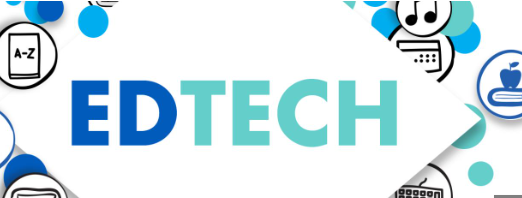
Authored by By Mr Girish Singhania, CEO, EduBridge.
The Indian Industry dynamics have been evolving over the last two decades. The evolution resulted in higher global participation, encouraging learners and professionals to support their degrees with the skilling advantage to further their career prospects and financial growth.
According to the McKinsey report of 2020, 92% of employers believe that the skill gap in the employment landscape is real and needs to be overcome at the earliest to help alleviate the nation’s GDP more progressively.
Over the last two years, we have seen progress, as according to the Indian Skills Report (2022) only 49.5% of the youth were found employable as compared to the Indian Skills Report of 2020, where findings for the same stood at a measly 27.4%. The improvement shows that EdTech platforms serve as a perfect answer to fulfill the skilling ambitions of the youth and professionals. Higher EdTechs are working towards improvising the workforce by providing them with a talent pool armed with new-age and real-world skills, positively driving business outcomes in a tech-driven environment for both the tech and the non-tech segments.
The Fourth Digital Revolution displayed a growing demand for tech professionals in the segment of Data Analytics, Business Intelligence, Software Testing, Java Full Stack Development, Cloud Computing, Cybersecurity, Software Testing, and more.
The Non-tech sphere is not far behind with rising demand for excellence in BFSI, Digital Marketing, Accounting & Taxation, Healthcare, Logistics, Education, and more.
Edtech Platforms have identified that traditional academic institutions emphasize imparting theoretical insights on the selected domain. Beneficiaries must be analytically, logically, and creatively equip themselves to think on their feet and help resolve issues while working in real-time. EdTech platforms help overcome these issues by imparting domain insights in conjunction with real-life improvisations giving an edge to the beneficiary. EdTechs play a critical role in imparting digital literacy to learners and professionals.
Most beneficiaries also find it increasingly difficult to communicate and carry themselves in front of their employees. EdTech platform conducts necessary soft-skills training, helping learners and professionals to enhance their communication skills, and giving them a detailed insight into the corporate landscape.
EdTech Platforms have collaborated with prominent governmental skilling institutions, like the National Skill Development Corporation (NSDC), enterprises, startups, and academic institutions to bridge the gap between the employer and employee, providing bespoke training programs that are relevant to the industry. This is done to deploy placement opportunities to a ready talent pool that is job-ready to overcome the job famine. EdTech participation help enterprises save on organizational costs by creating a virtual training infrastructure and eliminating the costs of renting a physical space. This is a win-win situation for EdTech and the enterprise.
With 351 million Internet users residing in the underserved pockets of India, EdTechs are harnessing technology and making headway into the rural pockets where youth can make the most of the skilling opportunities and secure placement in prominent multinationals and spruce their annual income by 50%-100%.
EdTechs are expected to constantly update their training portfolio to keep with the industry demands and requirements with a bend of technology. EdTechs will have the ability to dissolve geographical barriers and massively reduce training costs by running real-time simulations for an expansive workforce.
";

